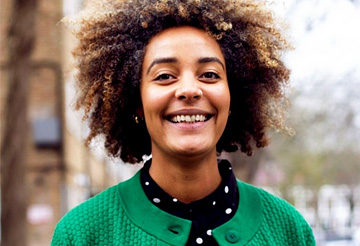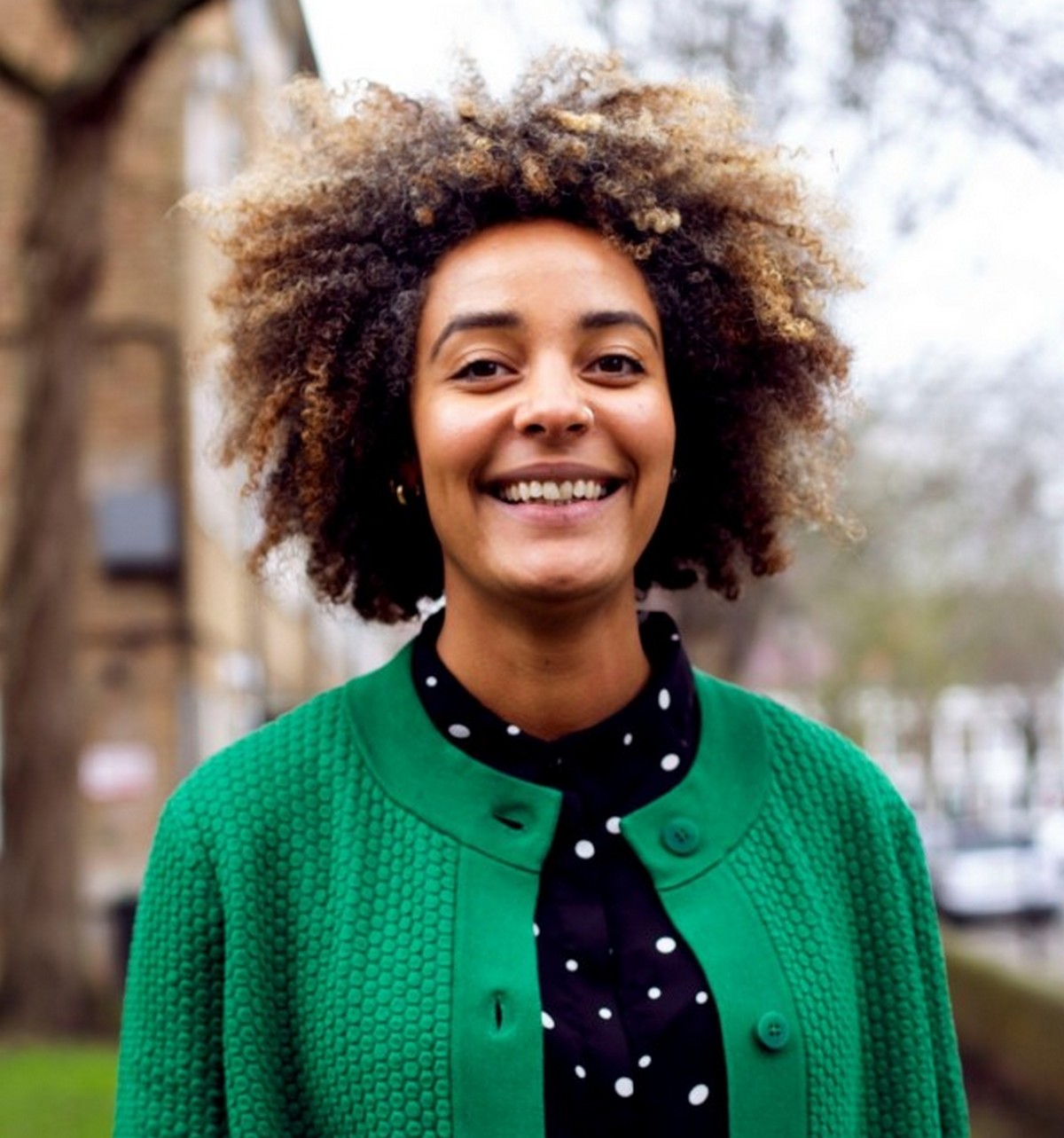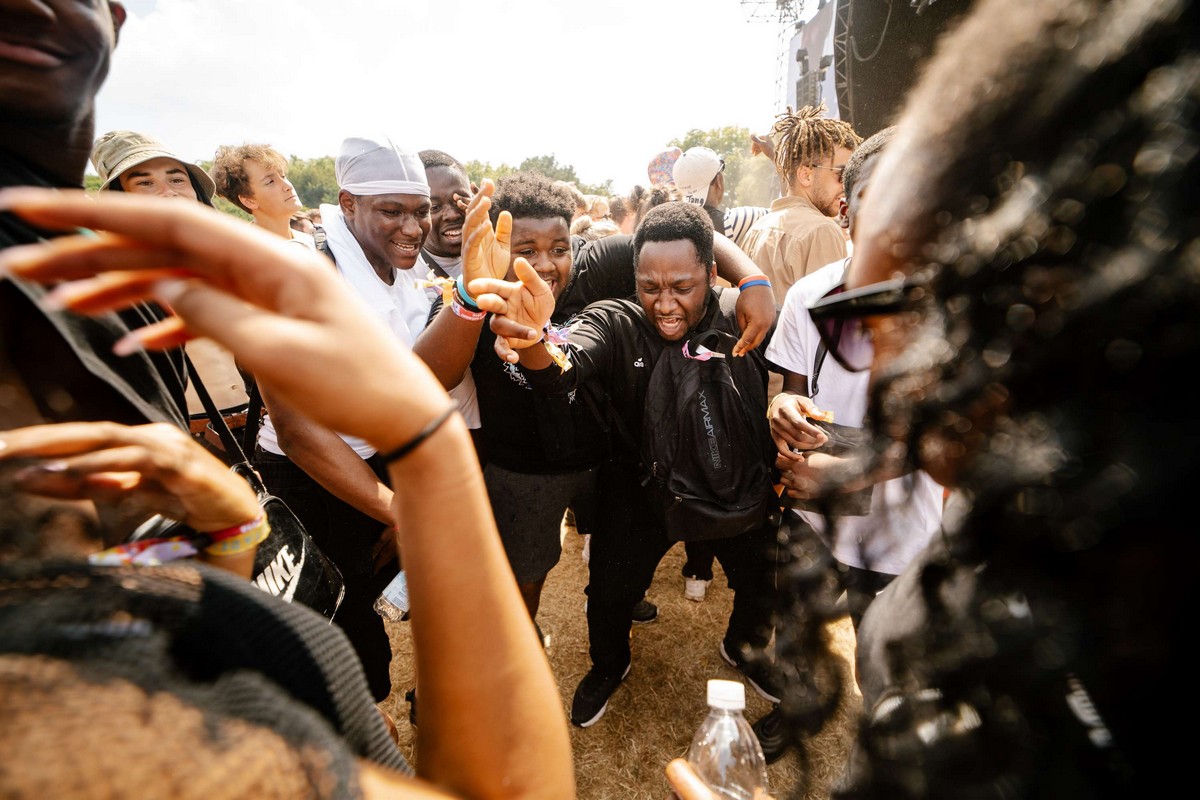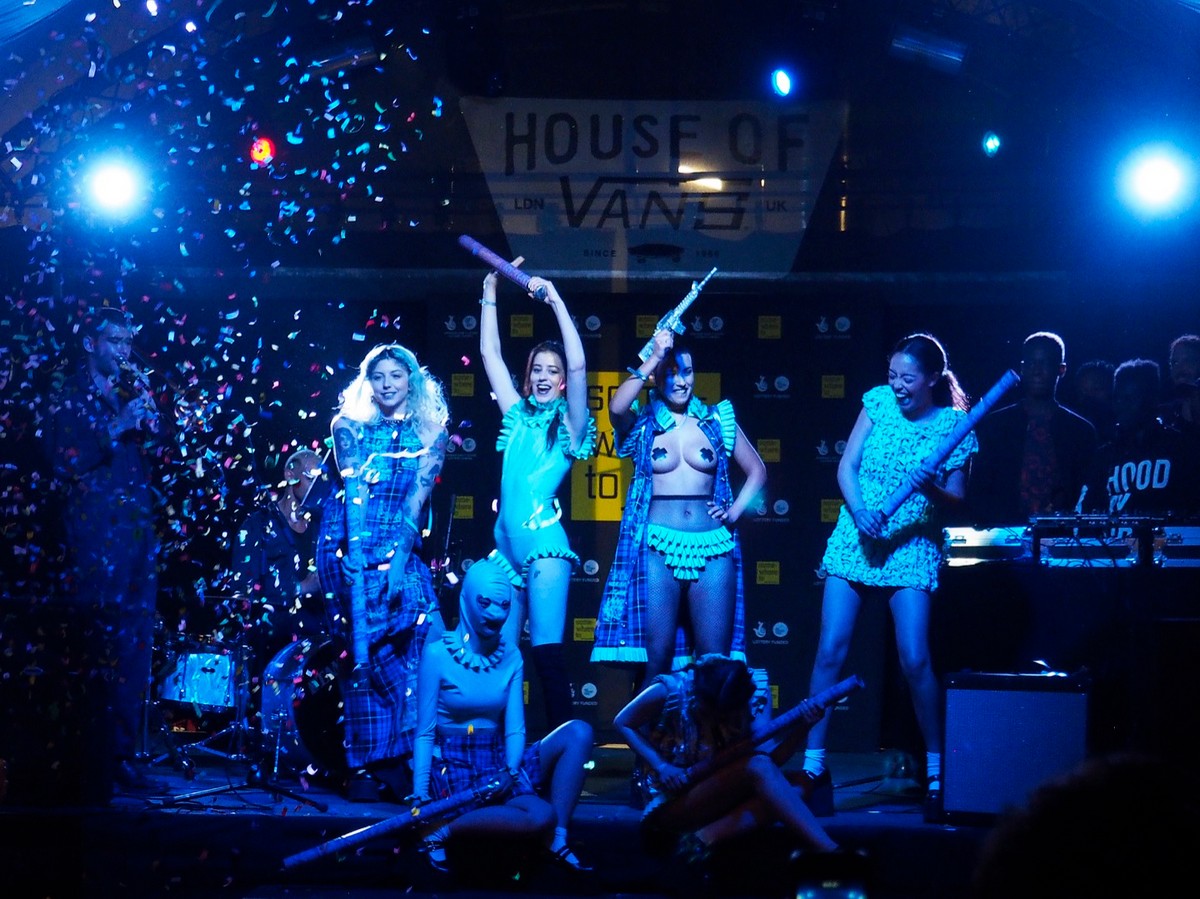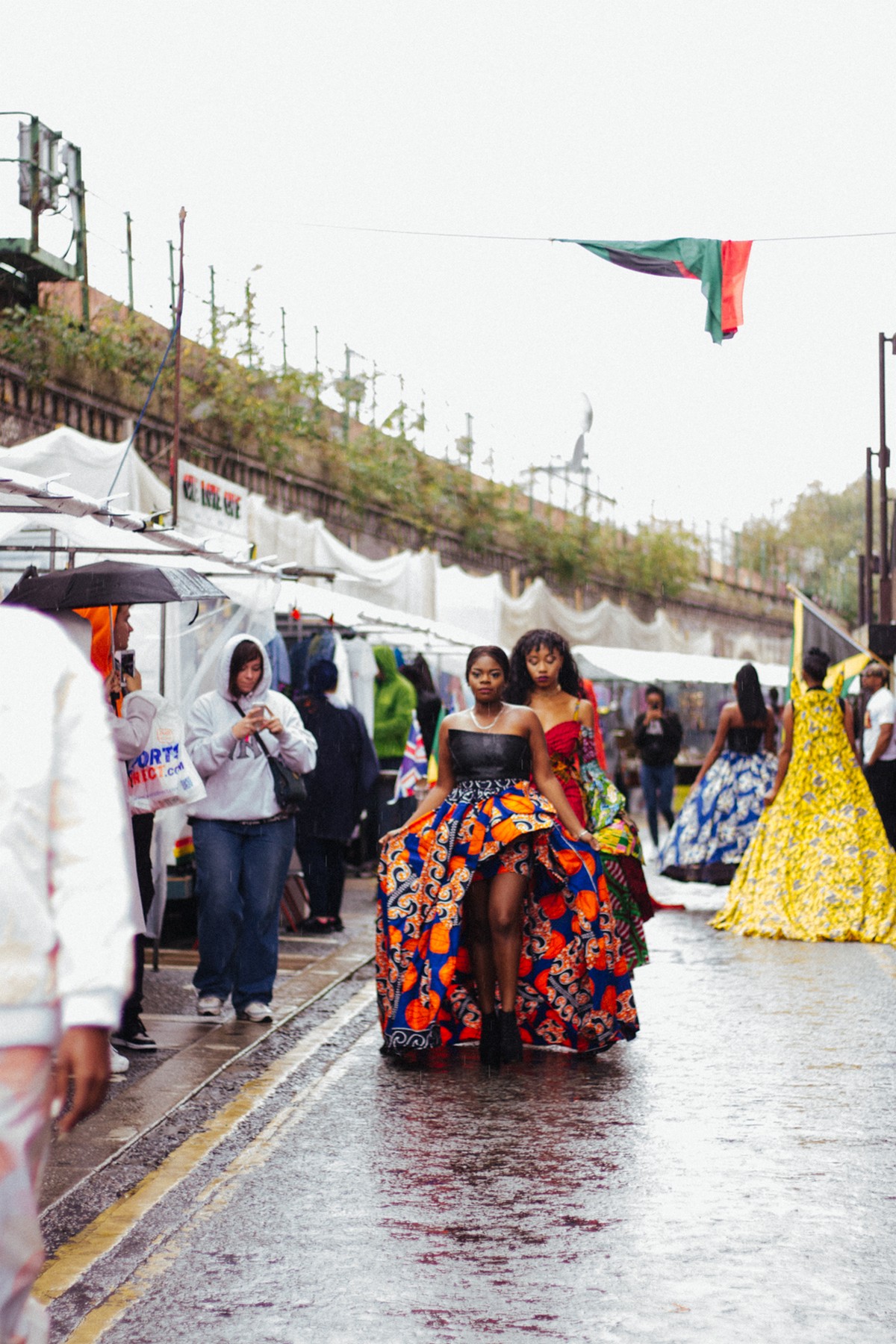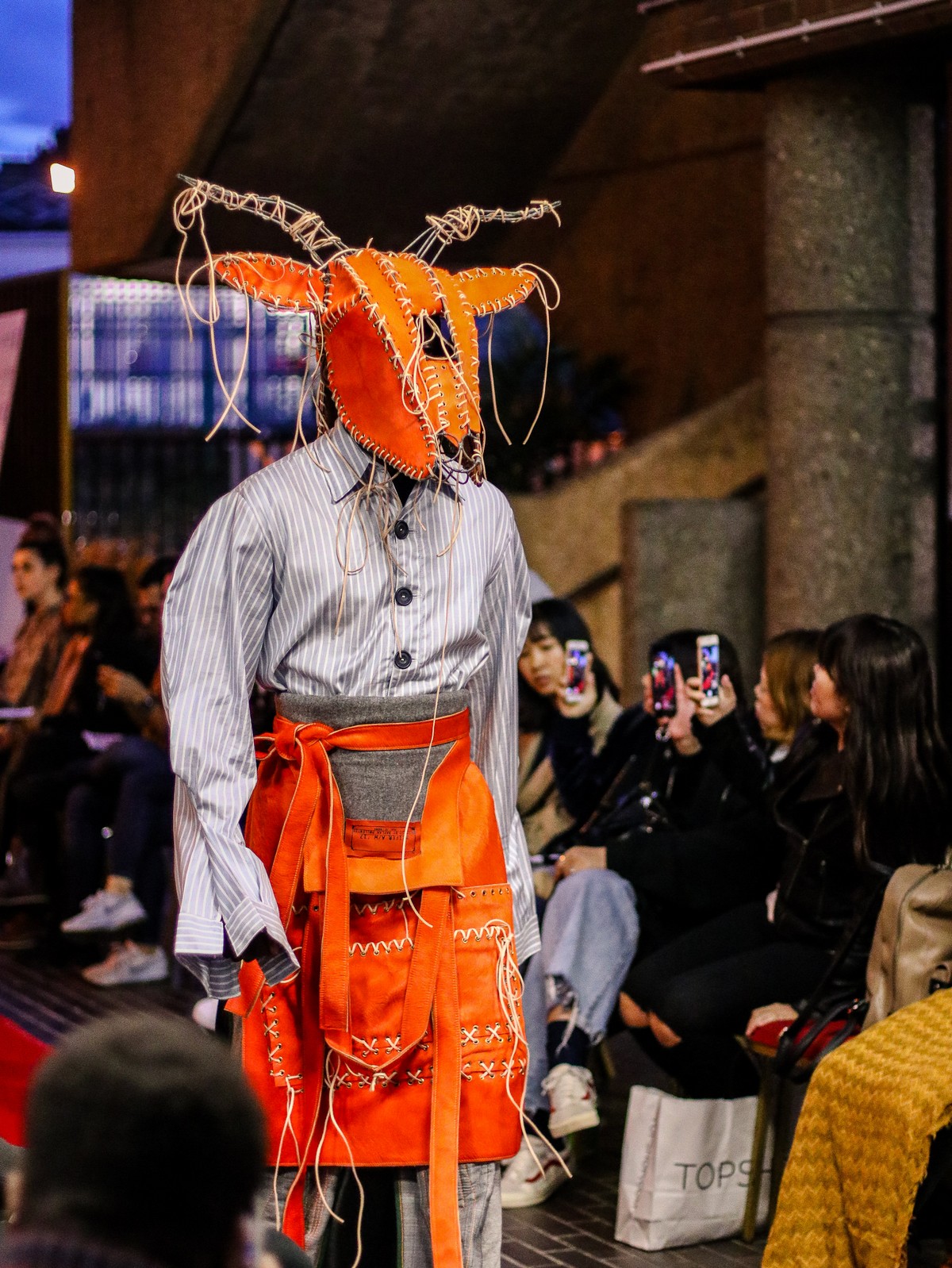Creative Director: GAYLENE GOULD
Ceri Hand Curator, Director, Interviews, Presenter, Producer
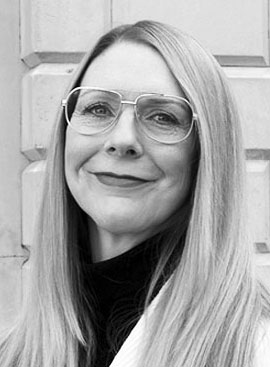
Artist Zak Ové introduced me to Gaylene Gould in 2018, whilst we were working together on the exhibition Get Up Stand Up Now at Somerset House, London.
Gaylene was Head of Cinemas and Events at BFI Southbank at the time, and we met to discuss joint programming a public event, showcasing key films by Zak’s father, Horace Ové CBE. I was struck by Gaylene’s positivity and her warm, open, considerate, and grounded demeanour. I recall thinking that I wish I’d met her sooner.
I connected with Gaylene’s passionate belief in parity, equality, social justice, and her spirit of generosity combined with a can-do attitude. Curiously, unbeknown to me at the time, we were both ruminating quietly on new possibilities for our own creative practice and leadership responsibilities.
Since then, we have both taken a leap into the unknown, having left our senior roles in art institutions at roughly the same time to chart new territories and redefine our own contribution to the sector. We share a love of learning, of taking risks, a commitment to coaching, and of the power of making space for creativity and each other.
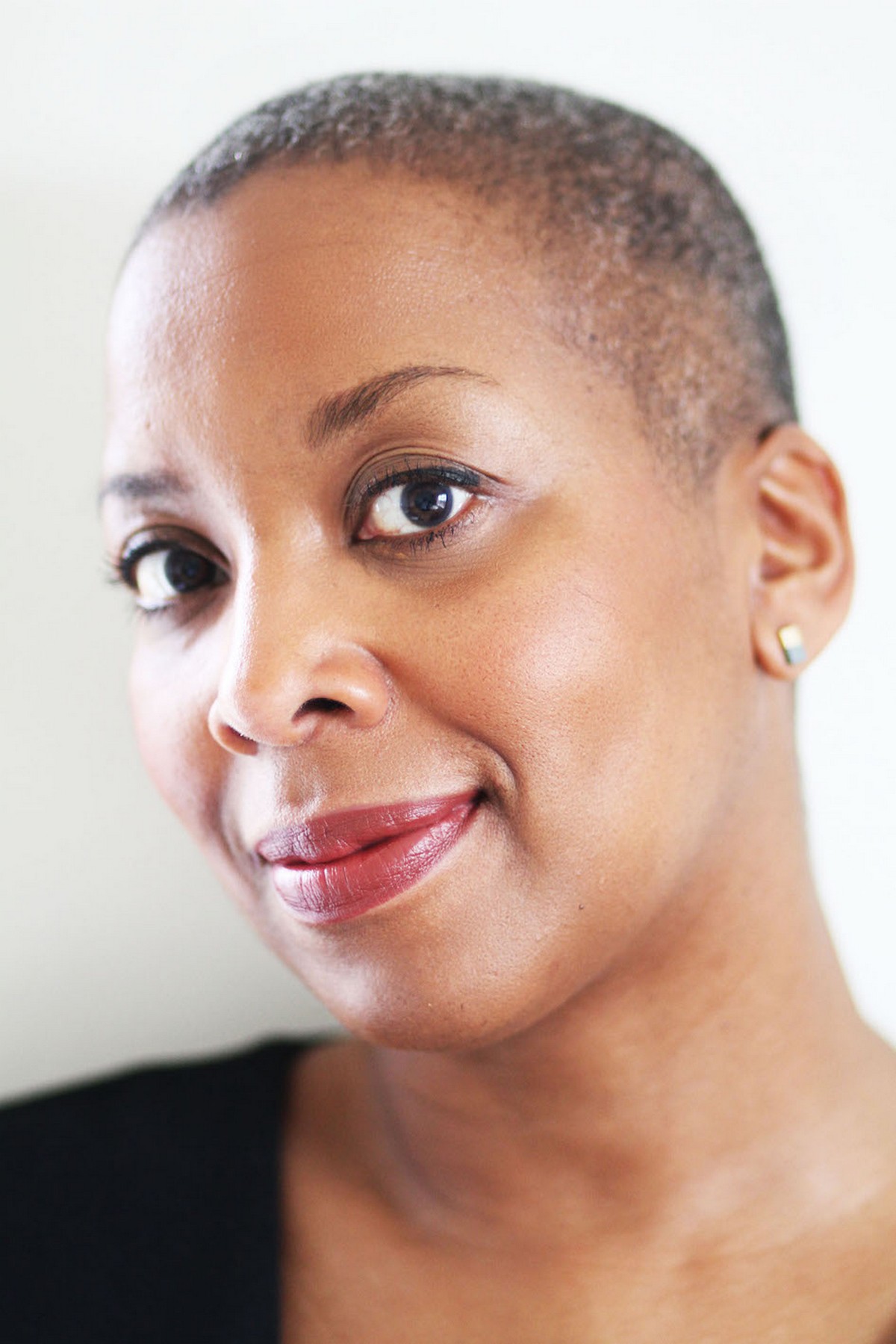 Gaylene Gould, Photo Nina J Robinson
Gaylene Gould, Photo Nina J Robinson
Gaylene Gould is the Founder and Creative Director of The Space To Come which creates interactive art projects that aim to generously transform our connections to ourselves, each other, and the world. Her collaborative practice explores the healing and growth potential of sharing space, stories, ideas and knowledge.
What are you doing, reading, watching or listening to now that is helping you to stay positive?
I’ve carefully curated my cultural intake during the pandemic. The world is full of high drama right now so I’m imbibing intimate human stories, contemporary myth and ‘new world’ thinkers. I was lucky enough to be on the BAFTA film jury this year so saw some wonderful films. It seems I’m not the only one drawn to the intimate and profound this year. I had my heart blown open by Chloe Zhao’s Oscar-tipped Nomadland, Lee Isaac Chung’s Minari and Darius Marder’s The Sound of Metal starring the finest actor of our generation IMO Riz Ahmed. After the rightful noise created by #BAFTAsowhite, it’s great to see East and South Asian film talent getting their due. Also, scaredy-cat that I am, I was so thankful for Remi Weekes British social-horror His House that I watched it twice.
My bedtime audio books gave me much needed perspective by offering contemporary versions of ancient myths. Hat tip goes to Monique Roffey’s The Mermaid of Black Conch, Hawaiian writer Kawai Strong Washburn’s Sharks In The Times of Saviours and Ben Okri’s The Freedom Artist.
And if it wasn’t for new-world philosopher Bayo Akomalafe I think I would have festered in a pit of despair. His online course, which took place through the darkest days of the pandemic, helped me grasp the transformative potential of these global ‘cracks’ and shifts. His work reminds that a truly sustainable new world will emerge from these places.
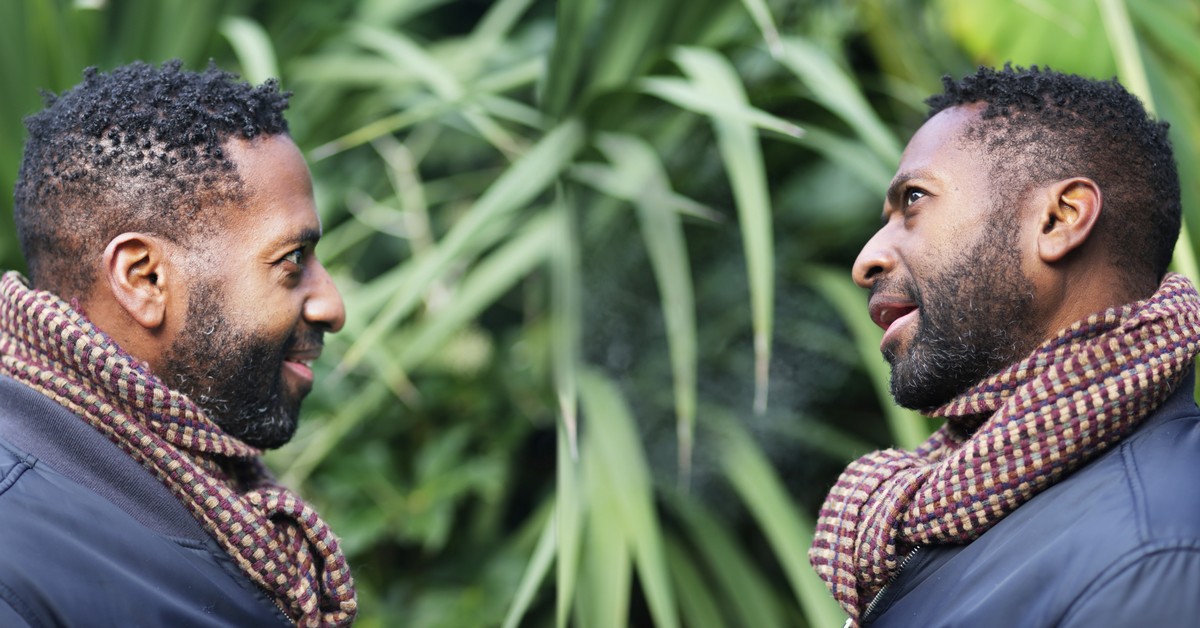
Listening to Ourselves, Curtis & Curtis, Photo Nina J Robinson
What are you working on right now?
I have just launched my creative (ad)venture The Space To Come, a company that tests ways art can connect, heal, and transform our relationships to ourselves and each other. TSTC brings together two of my life-long practices – coaching and curation. I’m curious how artists, healers and the public can co-create sensitive spaces to reflect, repair and reimagine new relationships.
I’ve been cultivating this practice for a few years but, given the crumbling state of the old world and the urgency to create a new one, the time is now for this work. Sometimes the “space” can be an interactive art project, a participatory workshop or a residency within a community. For instance, we’re about to curate a series of conversation dinners between the people of Newcastle-Under-Lyme for Appetite to encourage more intimate and compassionate connections. Meanwhile we’re developing a live programme with the Arnolfini gallery that will invite “felt-sense” experiences of artworks inspired by my radio 4 documentary Transcendence How Can I Feel Art Again?
Essentially our projects seek to use artistic forms to practice compassion and deepen our emotional intelligence.
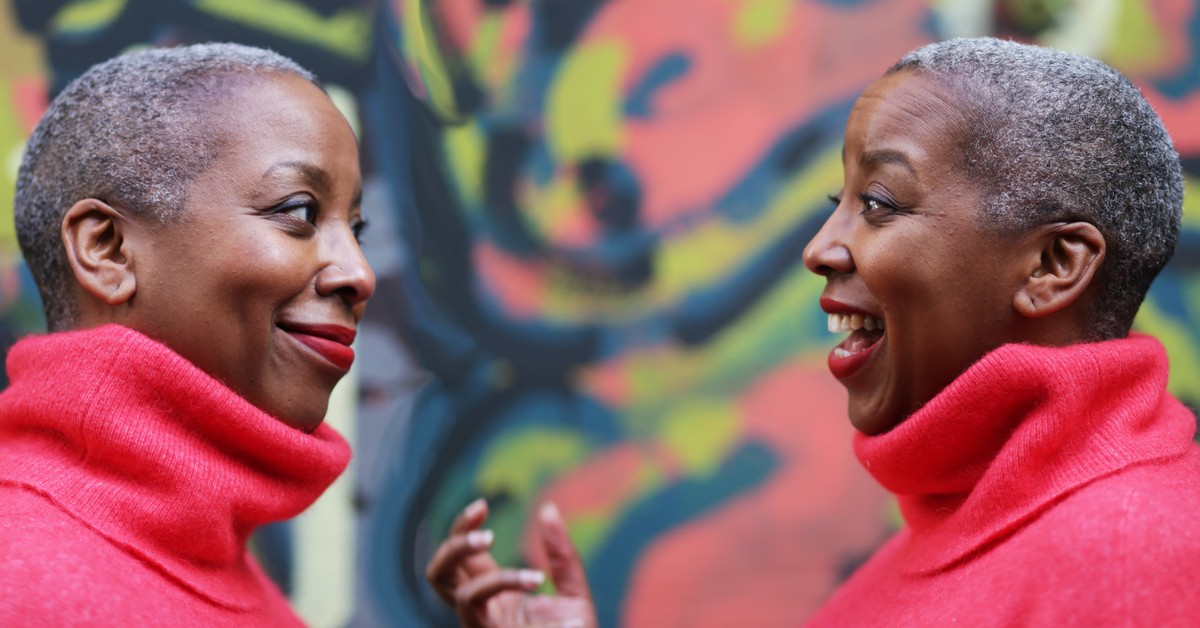
Listening to Ourselves, Gaylene & Gaylene, Photo Nina J Robinson
What are your core values and drivers that you bring to your work? What do you care about?
I believe there is a desperate need for compassionate societies. Compassion is more than a fluffy add-on. It is kindness in response to suffering. If stitched into our personal and social relations, compassion can radically transform how we approach ourselves and each other. Violence is a common response to unacknowledged suffering. If we can find transformative ways to first acknowledge that there is suffering, including our own, then there might be the possibility for collective renewal. Arts’ fascination with the unresolved, the search for beauty where none should exist, the spotlight on our flawed fragility, is a great starting point.
How has this last year affected your ideas of what you want your contribution to be in future?
Like many others, this past year has been deeply exposing. The removal of distracting temptations while living so closely with death has been disarming. I suppose we have now experienced what day to day life is like for much of the world. I’m grieving, for the unnecessary deaths, the result of an uncompassionate leadership, while buoyed by the voices of resistance that are coalescing. I am now clear that the Old World, the one built principally on shame, fear, prejudice and greed, is crumbling and it's time for a new one to emerge.
When I launched The Space To Come I felt like I was coming out. I’ve always felt at odds with the makeup of the world and my constant and failed attempts to fit in. My work is now about actively cultivating the values - awareness, compassion, connection, generosity - that could create a new foundation from which to build afresh – ideally before we terraform Mars.
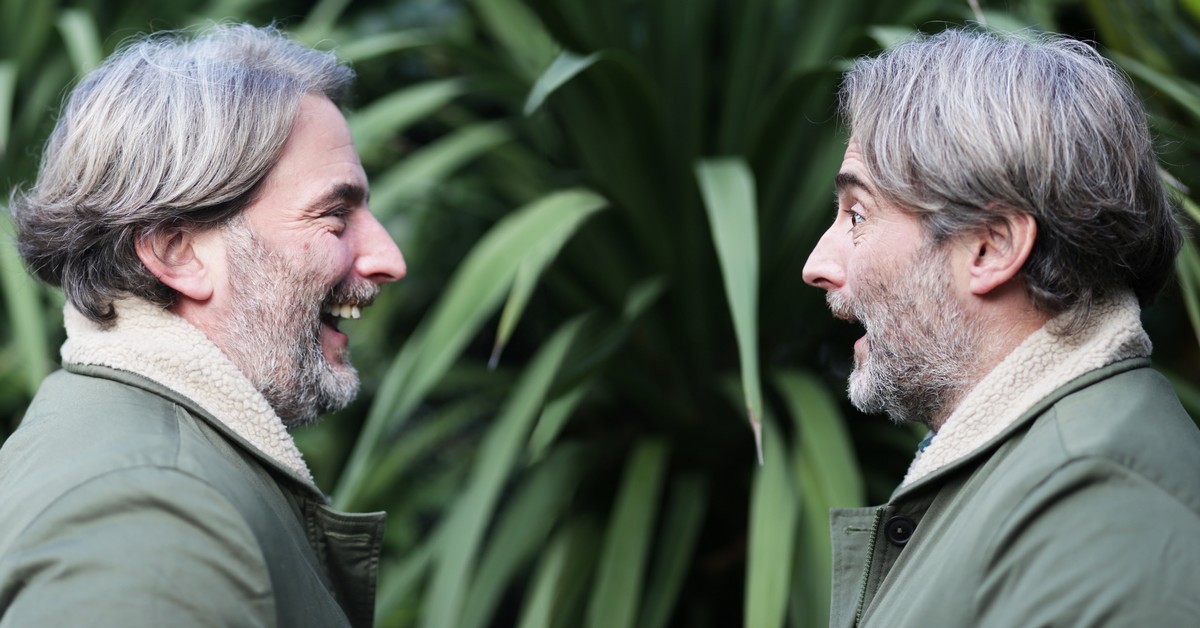
Listening to Ourselves, Steve & Steve, Photo Nina J Robinson
What do you think should change in the arts and how can we actively contribute to bringing about this change?
A new world founded on new principles would allow for new art to flourish. I dream of a time when the study of our emotional, ancestral, and imaginative intelligence comes before the study of stuff. Imagine if we were taught to listen and connect in healing ways, be comfortable with vulnerability, learn how to support wider ecologies. Art would then take a different place in society.
Art could then be woven into the fabric of our lives rather than be viewed as “content” or investment. Artists would be respected as the chroniclers, matchmakers, builders, healers, truth-sayers, doulas and undertakers that they are. A painting could take our breath away in aisle 4 of Aldi and we could be served an operetta on the bus home. Spoken word poets would open PMQ’s and a dance-off would close the day. Our schools would let children lie on their backs and tell stories as well as stick to the lines of a book. Amanda Gorman’s poem at Biden’s inauguration encapsulated so much more than hours of speeches ever could. She helped us collectively feel, release, and emotionally process an extraordinary period of our lives. And that’s the whole point of art.
We can help by releasing art into the wild, setting it free from the hallowed halls and allowing it to inspire more expansive and urgent conversations between us.
Do you have a favourite exhibition/project/event that you have curated and if so, what makes it particularly special to you?
The Space to Come’s first online project Listening to Ourselves feels like the foundation to the work we will explore here. It’s an audio-visual project that combines photographs of people, lockdown friends in fact, seemingly in conversation with themselves. Two soundtracks accompany the images. One is a new soundscape with suggestions of how the music can be used to inspire a more intentional conversation with yourself. An intentional conversation is a way to explore our own in-the-moment thinking. It’s an experiment in developing self-awareness or self-befriending. The second audio piece is a recording of me having such a conversation.
The pieces were developed and created with photographer Nina Robinson and Gianmaria Givanni/ANNN who is an architect and a sonic spatial composer. The piece invites people to try the exercise then send back an audio response which we will weave into a new audio piece.
Listening to Ourselves explores all my key inquiries. How might we build more intentional connections with ourselves and others? How might artistic practices inspire more instinctive responses? And how might we bring together disparate voices to create new, aware communities?
This work may seem like an exercise in self-care, and while that might be an affect, the roots are social and political. It’s about testing out a new basis for new types of relationships. We’ll need those in the new world.
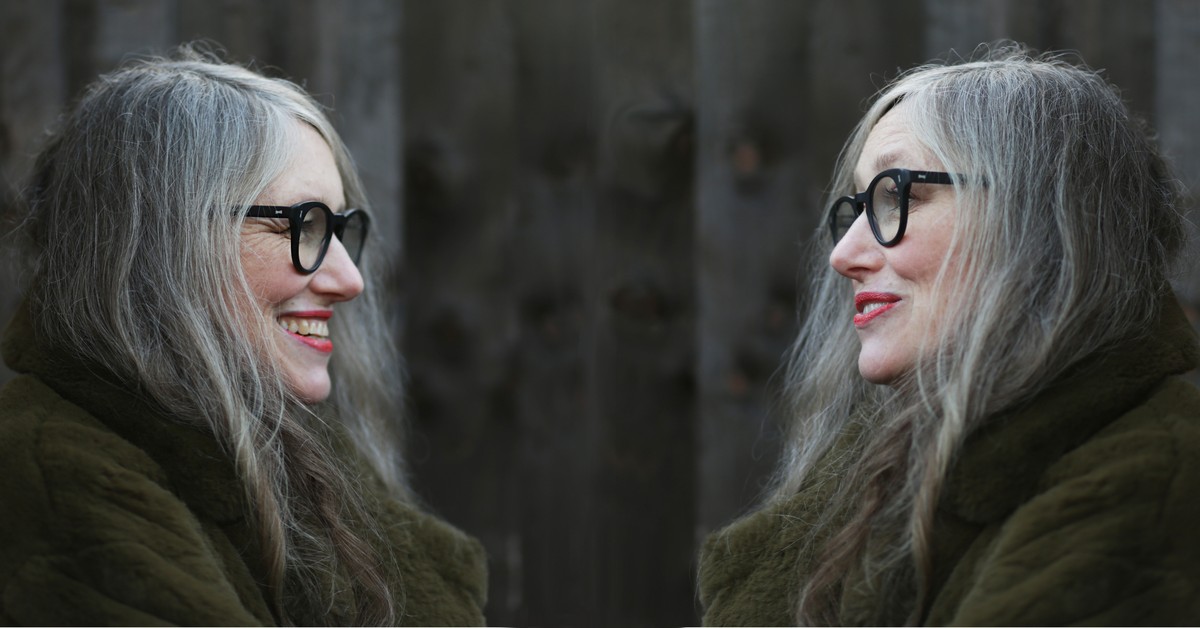
Listening to Ourselves, Beki & Beki, Photo Nina J Robinson
What do you offer or provide artists in the curatorial or creative relationship?
This practice offers all collaborators - artists, healers, and the public - the opportunity to share something we haven’t shared before in a new way. With The Solace Salons, I brought together coach/therapist Jackee Holder, creative researcher Dr Sindi Gordon and myself with choreographer Freddie Opoku Addaie, comic John Simmit and composer and visual artist Liz Gre. Together we devised a new form of ‘performance workshop’ where the stories explored were brought by the participants. This way of working requires the artistic collaborators and the participants to be courageous and vulnerable. This is a nascent process. It’s felt. We must be kind to ourselves and each other as things won’t necessarily work in the way we imagined. It also forces us to be alive to what is actually unfolding.
What risks have you taken in your career that perhaps did not go so well but you learnt the most from?
Being the youngest child I was a born risk taker. I often move before I have anything fully worked out. I recently left my job as Head of BFI Southbank in order to decolonise my career in a sense. I wanted to move past a certain kind of ‘Old World’ idea of linear progress and development. This led to the formation of The Space To Come. The trouble is when I try and explain the project, many don’t understand it! So, this might be a risk that doesn’t go so well. But I am learning the most fundamental lessons of my life so far such as inquiries are not outcomes. Inquiries are to be explored which means I need the courage to step off the beaten path and then to cultivate the attention required to pick my way through unbeaten territory. If I want to create a new way of living I must first prepare to let go of everything.
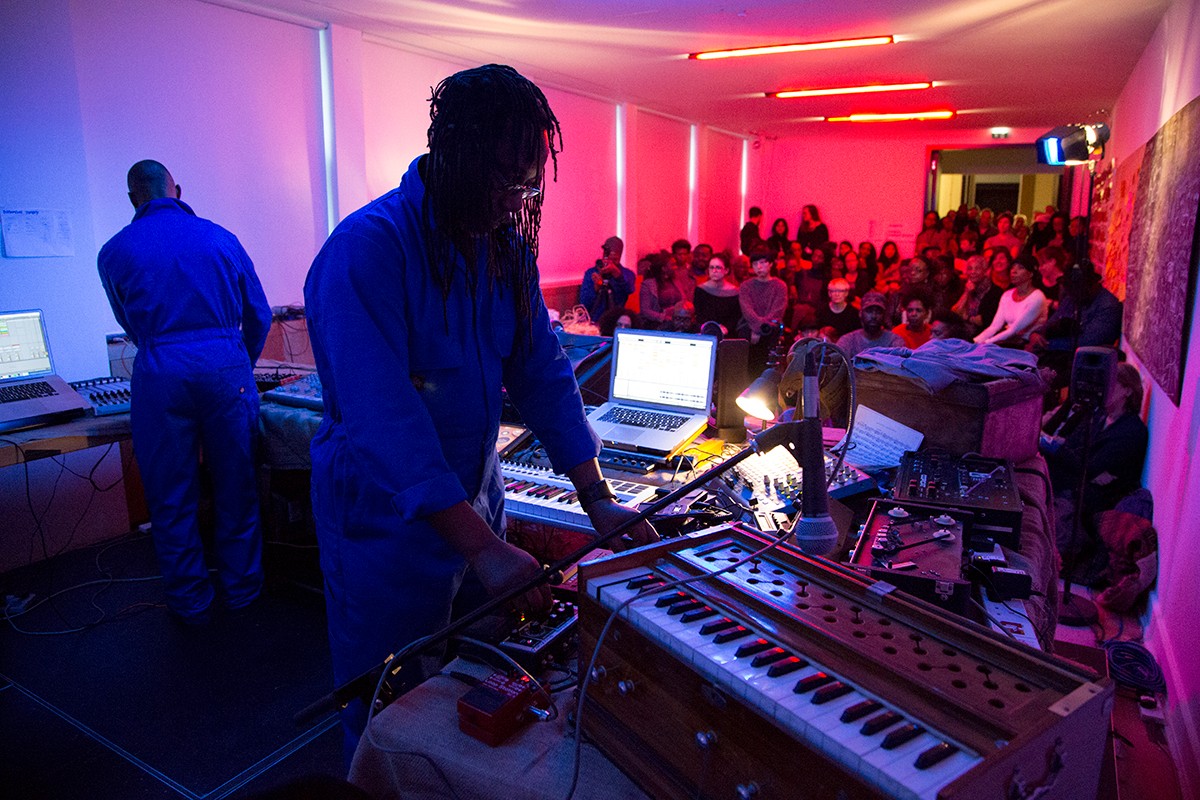
Mission to the Land of Misplaced Memories, 2014, Gaylene Gould / dubmorphology, Tate Britain
Who or what inspires or lifts you up?
Conversations that allow us to say things or reveal parts of ourselves that we wouldn’t usually. Within each of us there is a library of experiences and emotional complexities. Conversations with friends, family, shop assistants, the person in front of in the coffee queue….Satiating my salacious interest in people revives me. My broader passion in stories and art stems from this desire for human understanding and a deeper awareness.
What helpful resources would you recommend to artists?
Learn to have really great conversations with yourselves and others. Have rigorous conversations with yourselves that help you constantly review your held positions. Soothe your internal critic by practising Kristen Neff’s self-compassion exercises so you can hear your quieter voices. Practise spending time in unbeaten territory alone - even if it’s simply walking down streets you don’t recognise. Reveal your vulnerabilities to people then ask them kind, expansive questions in return. There are many resources that can help with craft but I think the work of creation is about activating a curiosity and befriending your own vulnerabilities.
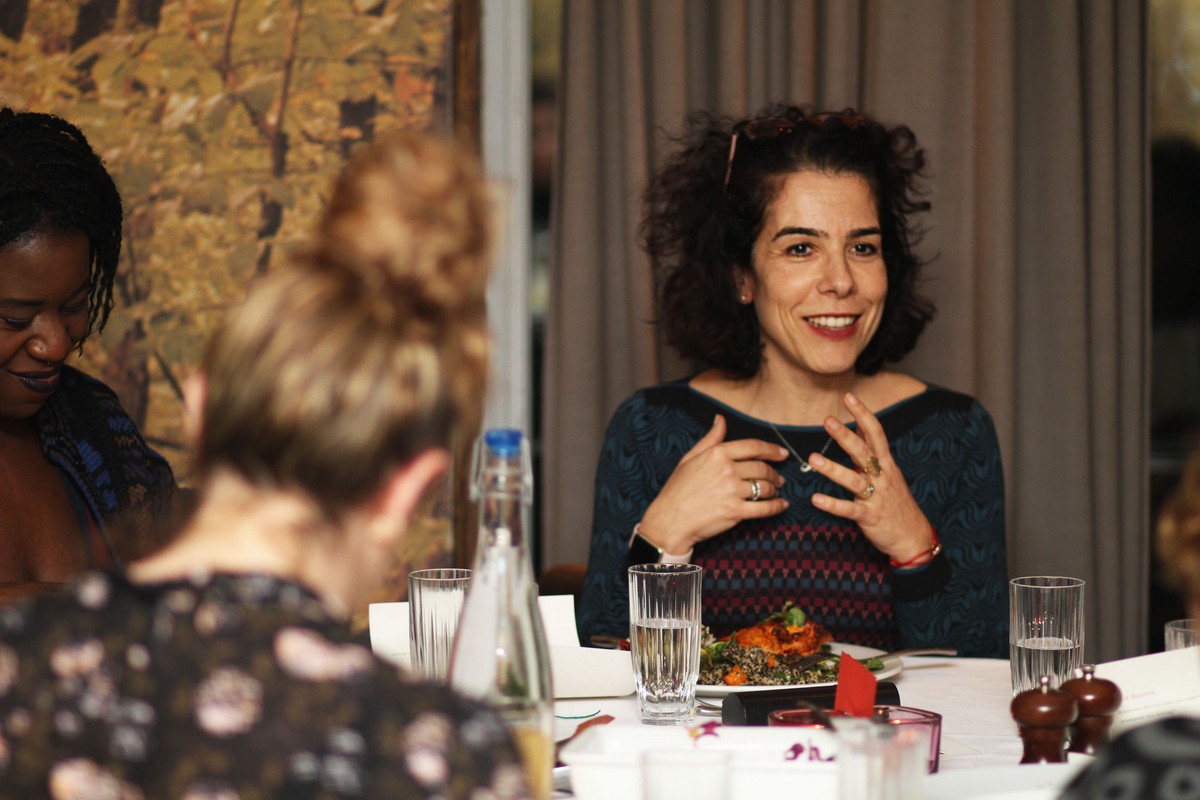
Well Fed curated conversation dinner event, Photo Nina J Robinson
Do you have any advice for people wanting to work in the arts?
The Arts (capital A) is in a very contentious place. The growing commercial pressures can be distorting and the funded sector can be restricting and protectionist. Artists and cultural workers interested in new, expansive territories can find themselves between a rock and a hard place. Understanding the operating systems of these worlds whilst articulating and cleaving to your own value base seems particularly critical right now. Lucky for us, a brave new world is coming so it’s time to invent more values-led, compassionate spaces to exist in.
Follow Gaylene on Twitter @gaylene_g Instagram @gaylenegould / @thespacetocome or visit www.gaylenegould.com / www.thespacetocome.com
Please share this interview
And do feel free to email or contact us via socials @cerihand
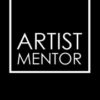
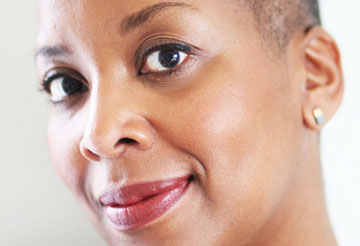
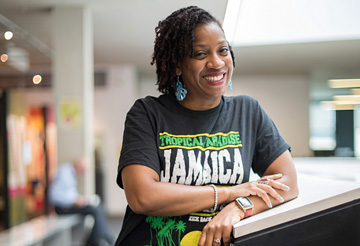
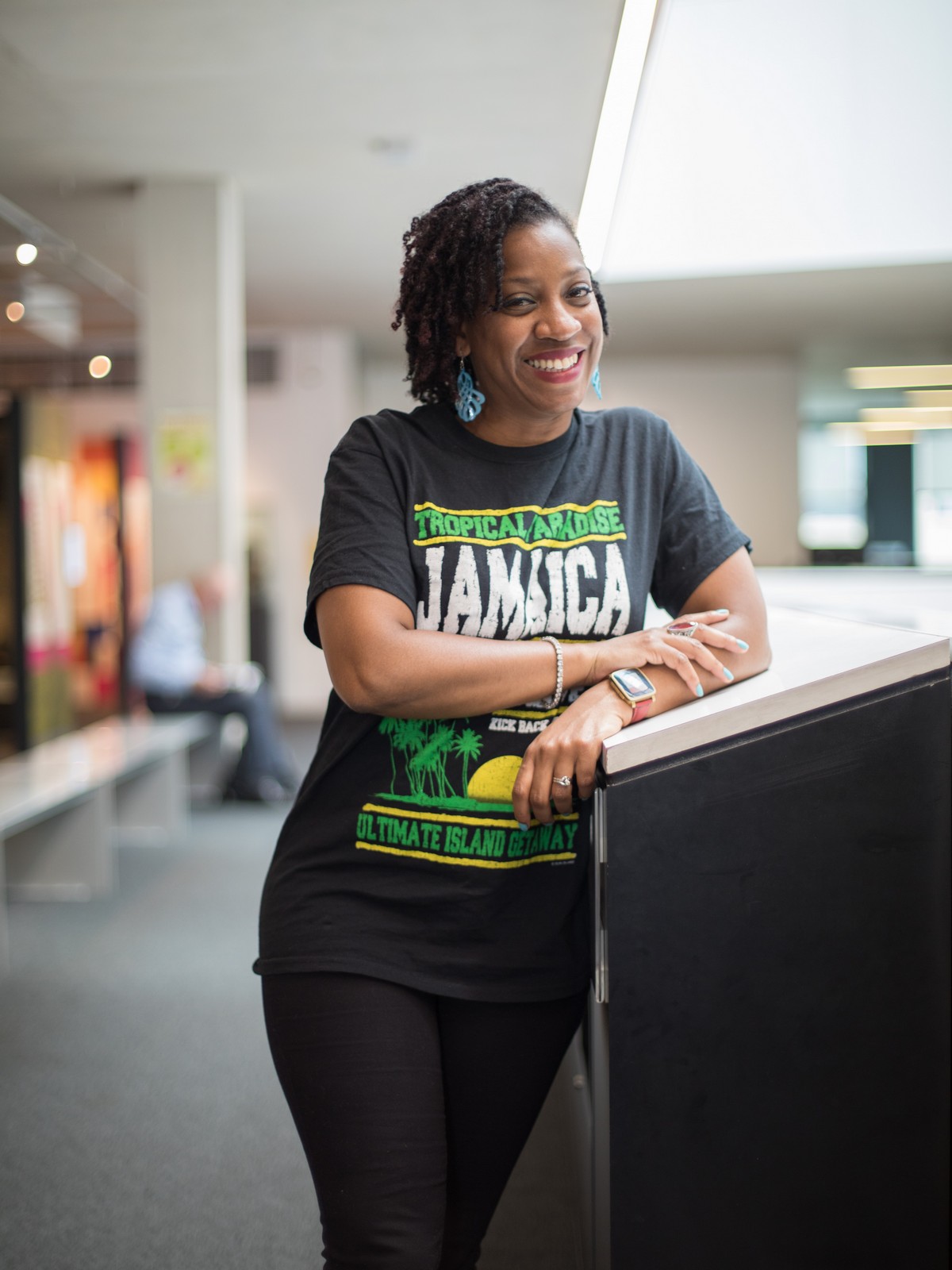
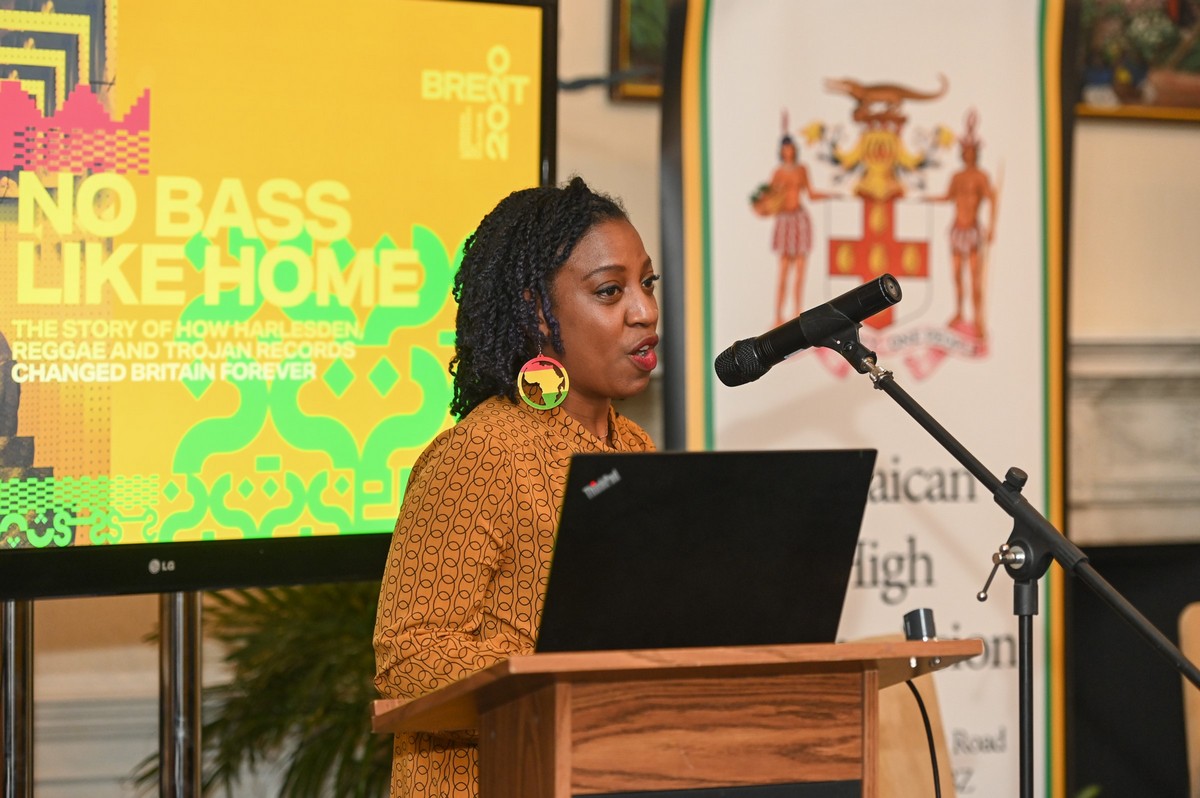 Brent 2020 No Bass Like Home,
Brent 2020 No Bass Like Home,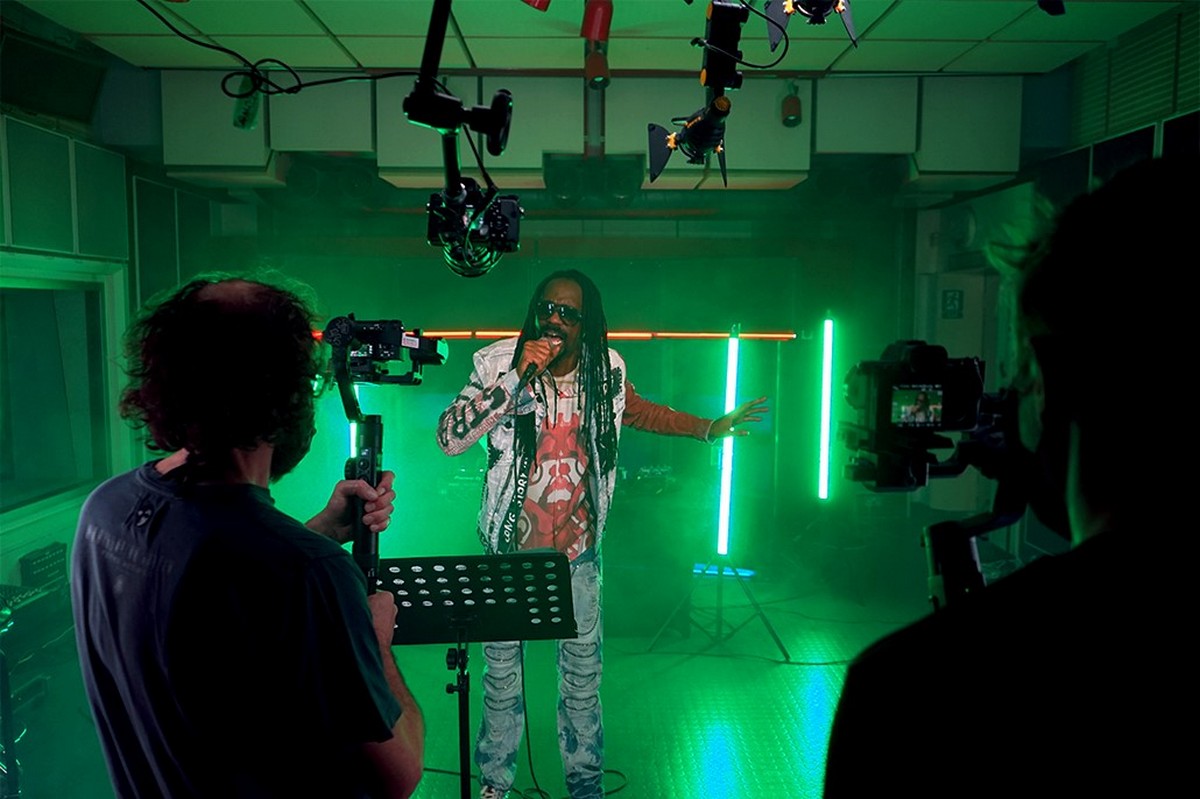 No Bass Like Home Online Festival, General Levy behind the scenes, November 2020, Image Credit Brent 2020
No Bass Like Home Online Festival, General Levy behind the scenes, November 2020, Image Credit Brent 2020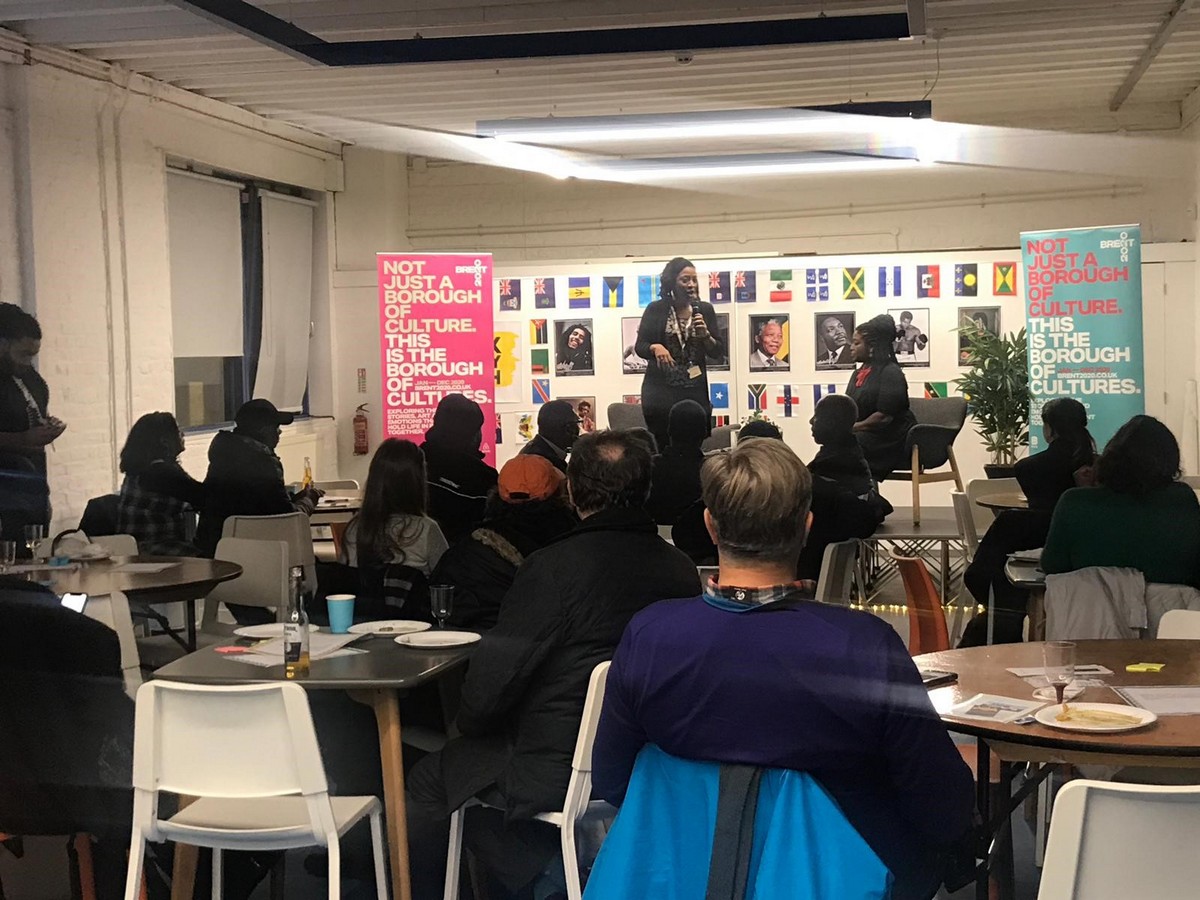
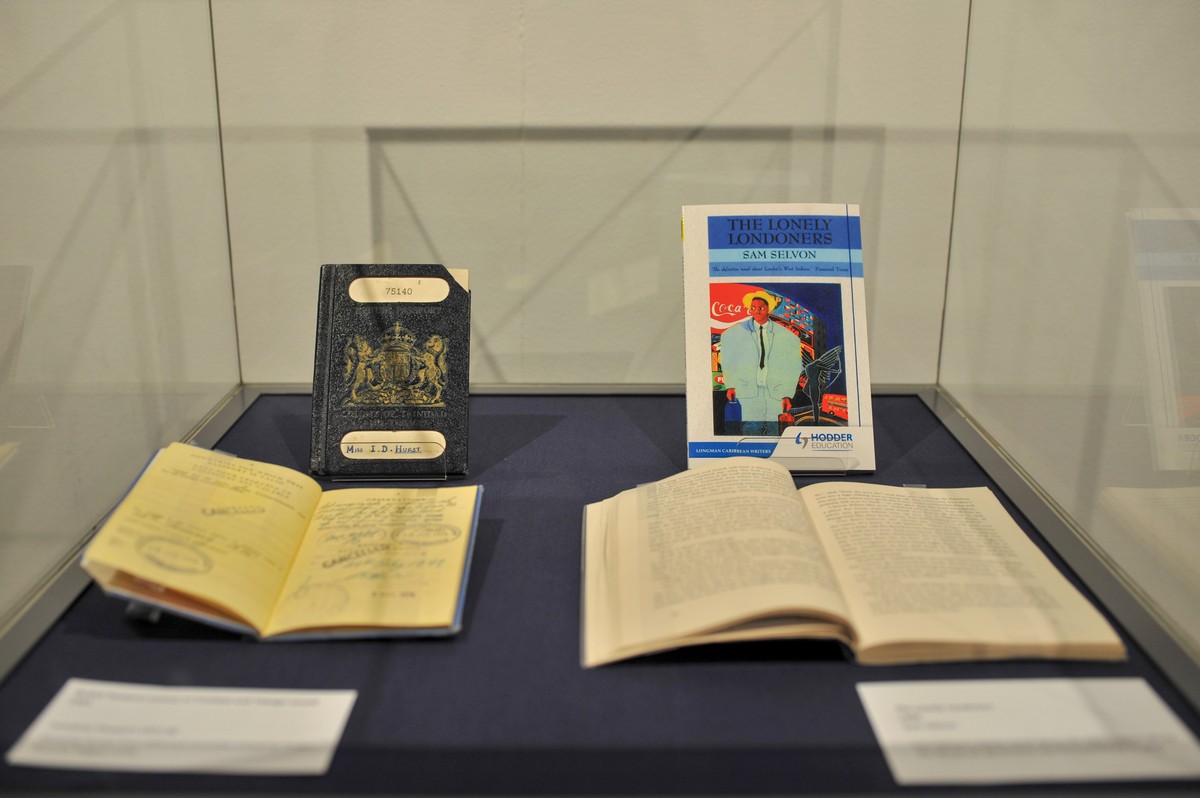
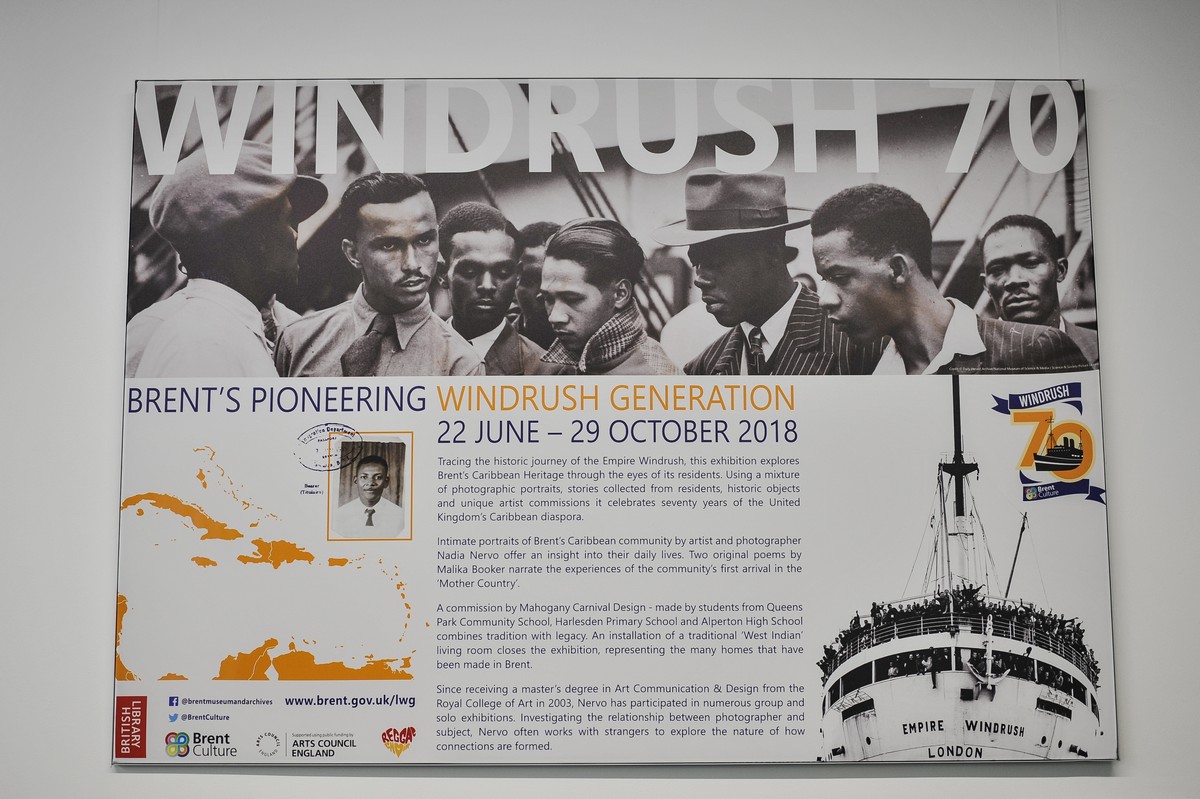
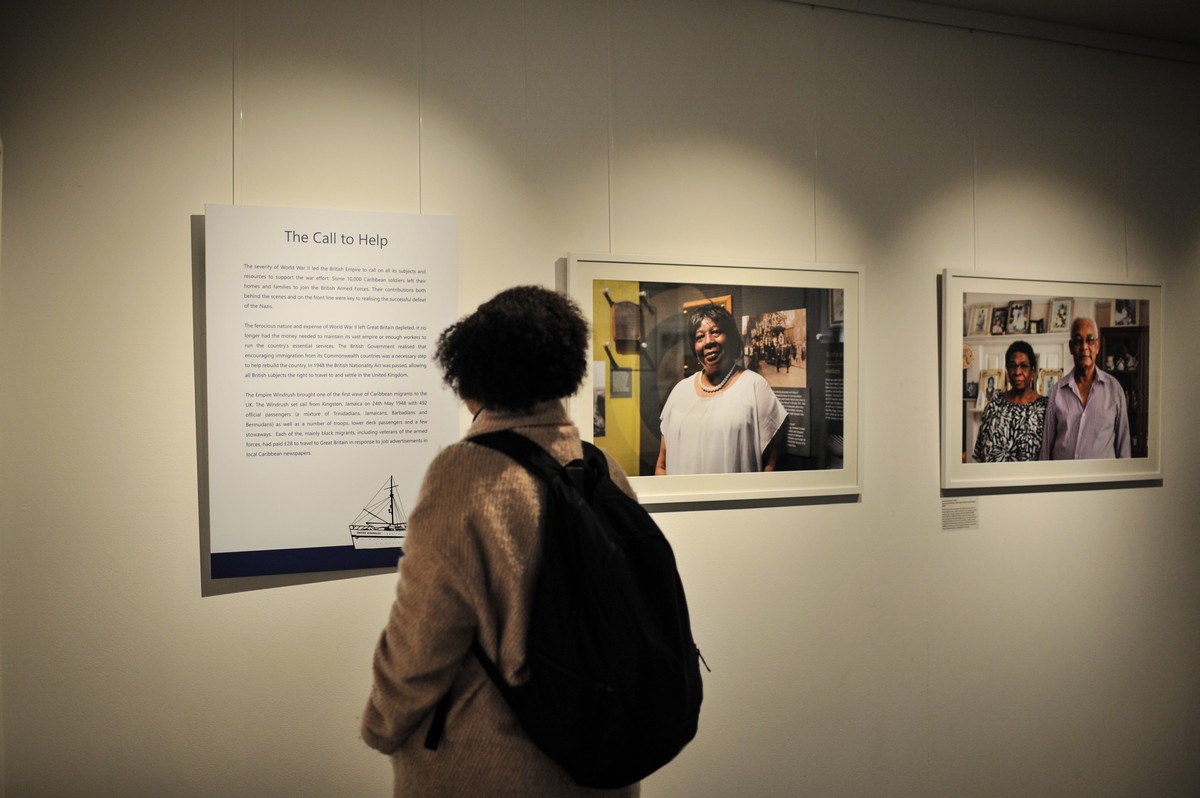
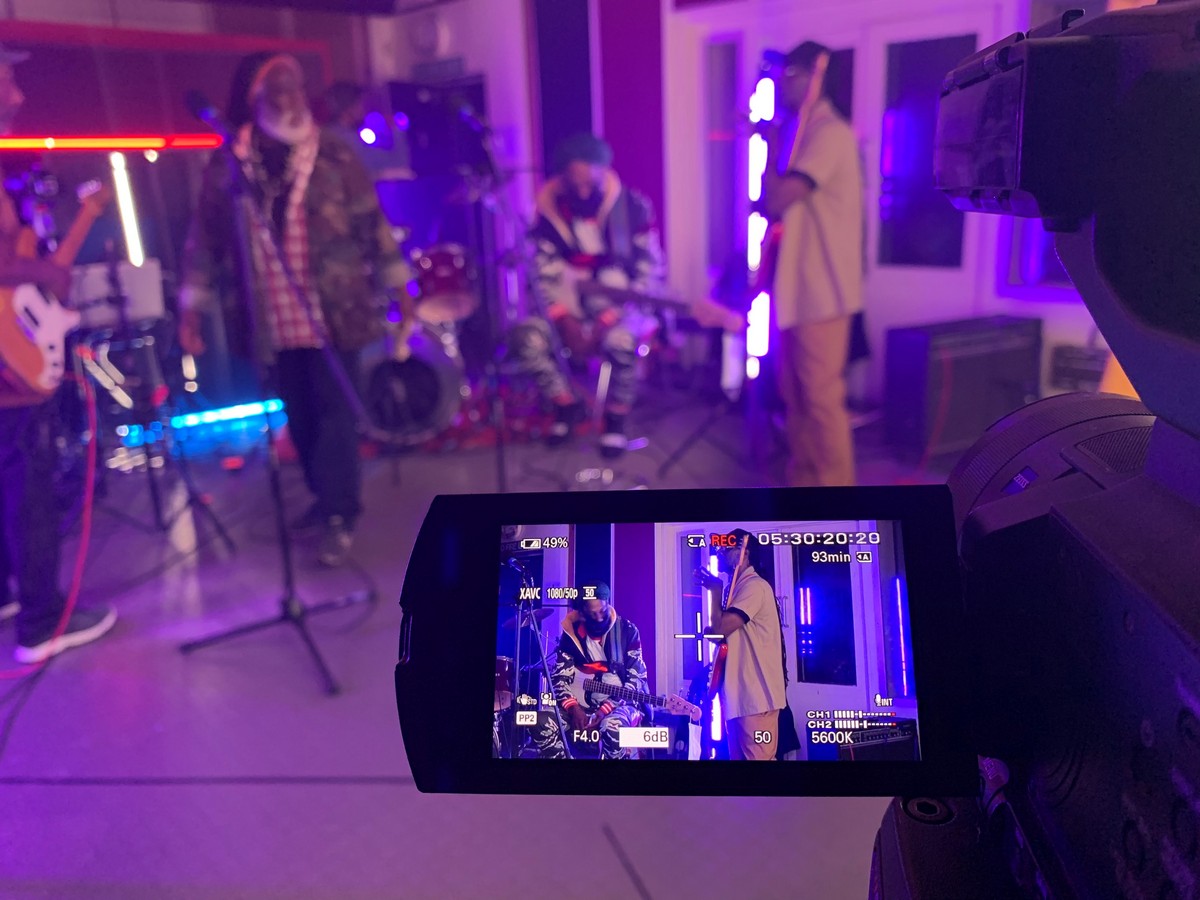 Brent 2020 No Bass Like Home Online Stream
Brent 2020 No Bass Like Home Online Stream